![]()
The Charlotte News
Wednesday, March 8, 1944
FOUR EDITORIALS
![]()
![]()
Site Ed. Note: The front page reports that yet another large American raid, consisting of 1,100 bombers and an equivalent number of both RAF and American fighters, hit Berlin, the fourth American action over the city in six days. The first, on Friday, had consisted only of a fly-over for reconnaissance and distraction purposes. There was no data released on the tonnage dropped in the most recent raid, just that 10,000 bombs had hit the city, which meant at least 1,250 tons at a minimum of 250 pounds per bomb.
German radio reported that aerial combat between the contingent and the Luftwaffe defenders began at 1:00 p.m., after the raiding force penetrated German airspace at 12:30.
In Russia, the Red Army, driving within 60 miles of the border with Rumania in the Ukraine, was threatening to outflank the city of Tarnopol, within nine miles of the Army's advance, on the Odessa to Warsaw rail line. General Gregory Zhukov’s advancing troops on this front were averaging between 20 and 30 miles per day.
To the north on the Baltic front, General Leonid Govorov's forces continued to advance, albeit slowed by muddy conditions, west of the Narova River.
The Sixth Army forces, operating under Lt. General Walter Krueger, had now taken Los Negros Island in the Admiralties, eliminating the remaining Japanese resistance surrounding the earlier taken Momote Airfield.
More advances of troops had also been reported 110 miles east of Cape Gloucester on New Britain, with Marines landing on Willaumez Peninsula, while Sixth Army troops advanced 24 miles east from Arawe to Amgoring in the southern sector of the island.
In Burma, less than 24 hours after the taking of Maingkwan and Walawburn, Japanese trapped in between the two positions, Maingkwan held by Chinese troops and Walawburn by Merrill’s Marauders, were being decimated as the Chinese troops advanced four miles toward the Americans. One American private reported that when his infantry platoon had a group of Japanese cornered, they threw down their weapons and equipment and headed back down the trail.
Some limited fighting was reported on the Cassino front and west of Cisterna on the Anzio beachhead.
Richard Massock reports that two battalions of U.S. Rangers, who had fought bravely to the last round of ammunition available to them during a fight in the area of Cisterna during the early morning of January 30, eight days after the landings on the Anzio-Nettuna beachhead, were decimated, the Germans reporting a hundred killed and most of the remaining 950, captured. The few who managed to escape to return to Allied lines told the story and vowed to return to avenge the losses.
Edward Kennedy, writing in the "Reporter's Notebook" column from the Anzio beachhead, tells more anent the WABOC's and BOC's, previously reported by Hal Boyle. A woman had written to Mr. Boyle that she desired the proper rules of etiquette to be published for the behavior of male soldiers with respect to women on the home front. She had given her soldier the brush-off after eighteen months of putting up with his constant pleas for assistance, from buying his family’s Christmas gifts to sending him books and newspapers.
Said he, "I've got lots of time to read at work, practically eight days a week at war work." She did not say whether he prefaced the statement with, "Ooo, I need your love babe, guess you know it's true. Hope you need my love, babe, just like I need you, ooooh. Hold me, love me, hold me, love me. Ain't got nothin' but love babe."
And, of course, if so, turning the letter over, she would have read his true intentions: "I don't want to spoil the party, so I'll go. I would hate my disappointment to show. There's nothing for me here, so I will disappear."
During the extended time in which she performed his every requested chore, he sent her one small gift and a "seemingly magnificent" air cushion to members of his family. The last straw was when he informed her that he was sending along a package, for which she waited anxiously, only to find that it contained a bundle of her old letters to him. That's when she gave him the heave-ho.
Reports Mr. Kennedy, all the soldiers to whom he read the lady’s plaint agreed that it was no way to treat a lady.
It was announced by Senator Guy Gillette that the contempt action which had been planned for Jonathan Daniels, assistant to the President, had been officially ended after Mr. Daniels testified to the satisfaction of the agriculture subcommittee, chaired by Cotton Ed Smith of South Carolina, that he had approached Harry Slattery twice to seek his resignation as head of the Rural Electrification Administration, seeking that he take a new position studying electrical power development in Europe.
On the editorial page, "Good News?" expresses mixed feeling at the report that the following year’s tax returns would be simplified, but that tax rates would be higher.
"A Caution" points out that the bill to the taxpayers for returning veterans could create severe economic stress for the country if too many benefits were conferred. It asks for the veterans to realize that the move to pay them at war-worker salary levels after their return from the fronts could conceivably bankrupt the Treasury. Emotions, it counseled, should give way to practical reality.
"Evangelist" reports on the recent visit to Chapel Hill of Ohio Governor John W. Bricker, contender for the Republican presidential nomination, finds it, while without report yet of audience reaction, to have assuredly been unimpressive given his message. He urged before the Carolina Political Union that one-man government and secrecy had to end, but offered no replacement. He favored a limit of the presidential tenure either to one six-year term--a concept ratified in Article II, Sec. 1(1) of the Confederate Constitution--or two four-year terms.
His track record suggested that a Bricker presidency would spell a return to laissez-faire economics of the pre-war period, the concept which led to the Depression and, ultimately, together with isolationism and a failure to stop German rearmament, to the war.
The piece concludes that his message would not resonate well with North Carolinians or Southerners in general.
"Prospects" tells of a representative of Peace Now, an organization favoring a roundtable among the nations to bring about an immediate peace, having written to Raymond Maxwell, head of the North Carolina Board of Elections, seeking information on how to establish a new party in the state. While recognizing the organization's right to do so, the editorial again cautions that such groups undermined morale at a critical juncture in history as the Allied offensive in Europe was about to begin. Their apparent goal was a post-war return to isolationism, and thus read as a pronouncement from Berlin.
"These birds would be out of their element, in North Carolina."
It is fundamentally important to understand this particular reaction of the time, a liberal reaction when posed against the war ongoing against Nazism, Fascism, and Japanese feudalism. "Peace now" as a phrase in 1944 bespoke, however honorably believed, a tacit intent to compromise with these powerful forces in the world set to destroy the fabric of democracy.
Twenty years hence, however, in the era of Vietnam, essentially a civil war, even if at the time reasonably perceived to be one with higher stakes based on the vaunted, if flawed, domino theory, the concept of "peace now" would not, in actuality, be freighted with the same implications. To an older generation, however, it becomes understandable how that phrase, often sported on banners protesting the Vietnam War, a protest which began, with any great numbers, during 1966, reaching its full height from 1968 through 1972, was greeted by an older generation as anathema and fully misunderstood as suggestive of nothing short of conviviality with authoritarian regimes, namely Soviet Communism.
But, of course, that was a sordid misunderstanding, part and parcel of what came to be called the "generation gap". To want "peace now" in 1968 was certainly not the least bit unpatriotic, when the war in Vietnam had proved by then such a costly mistake, entrenched for the sake of entrenchment, more pride in the need to avenge the deaths of those who had already sacrificed their lives than having any rational purpose in terms of international stability between the democracies and Communism.
To his defense, Secretary of Defense Robert McNamara, in obvious conjunction with President Johnson, had determined a course of conventional warfare to avoid the prospect of nuclear confrontation with either the Soviets or Red China. And, the notion of being the world's policeman, inherited from World War II, forced the hand of the Administration to send combat troops in full force to Vietnam. Once entrenched, it was considered unseemly to pull out, leaving the South Vietnamese to fight against forces superior in their military training in guerilla tactics. It presented a genuine quandary which was difficult at the time of resolution.
President Kennedy, just before his assassination, had determined to bring home the limited numbers of military advisers in Vietnam, to be phased out by early 1965. Had it been accomplished, and the attack on the U.S.S. Maddox in August, 1964, ignored, it is impossible to say what the result would have been. But it can scarcely have been worse than what occurred in spring, 1975 after the American evacuation was complete, based on the "honorable peace" of January 1973 executed in the Paris Peace Accords. It was, like it or not, a war fought, not completely in vain, for it did prolong, in a bloody struggle, the Communist takeover of Vietnam, but one which essentially left matters as they were in 1956, when, prior to the subsequent carnage, most of which was Vietnamese, a scheduled free election in Vietnam was canceled out of fear that Ho Chi Minh would win.
But the real mistake appears to have been in the equating of Communism, in this instance Chinese and Soviet Communism and domination, with the intentions of North Vietnam and the Viet Cong. The North Vietnamese were as stubbornly determined to achieve independence for their country and resistance to any foreign domination as they were to fighting first the Japanese and French and then the Americans, who they saw as interlopers to their country.
To call the whole sordid matter after World War II a misunderstanding is to do violence to the notion that some of that misunderstanding was undertaken, in continuance of pre-World War II isolationism, not pacifism, by genuinely pro-Nazi, pro-Fascist contingents for the sake of economic self-interest, perceived as better fitted to a Europe dominated by the Axis than by the perceived threat of Communism from the Soviet Union, seeking parity between management and labor economically.
It was a world desperately not so much trying to understand itself, as the better lights of the era fully understood the problem. Rather, it was trying to obtain an educated enlightenment of the masses of people who were too quick on the draw to realize the folly of their ways, tending only to violence at the end of the day. These masses were stimulated after the war by the likes of Joe McCarthy and Clare Boothe Luce and her husband, Richard Nixon, most of the Southern delegation in the Congress, and numerous Southern governors of the era. That is not to say that these were the only voices against Communism, as anti-Communism was fairly pervasive as a poltical tenet of the era in the West. But the strident voices, seeking to stir up trouble and disunity within the country, were those doing serious damage to the social fabric, and ultimately lending force to the goals of the totalitarian regimes to destroy the country and its morale from within.
Samuel Grafton comments on an editorial by Hamilton Baldwin in The New York Times indicating that American soldiers were not sufficiently apprised of the basis for the war, an opinion which was shared by most observers. Mr. Grafton says that the obvious reaction would be to hold classes on the rudimentary principles of democracy for which the war was being fought in contest of Fascism. But, he challenges that the best basis for eliminating confusion would be to eliminate from power first the leaders aligned with Fascism. In Italy, the retention of Marshal Badoglio and King Vittorio Emanuele was tantamount to retention of the vestiges of Mussolini's rise to power, thus infecting any perception that the war in Italy was being fought for democracy.
The muddle of the Army was the muddle of the American public, for one grew from the other. The tendency had been, he says, to shove under the carpet this dusty problem
He offers no solutions, but merely points out the problem.
Drew Pearson discusses first the problem of parachutes being utilized by the U. S. Army, having three release points, each requiring two hands, thus posing a danger to the men upon landing, especially in high winds or on water. Many had been blown along the ground to their serious injury or death for the inability to detach from the parachute; many had been drowned for the same reason when landing on water. The irony was that a company in the United States had developed the single release system, utilized at the beginning of the war by all the European countries. The problem had arisen because of patents and profit motives, causing the military to order the triple-release chutes rather than the safer single-release versions. In consequence, the first thing paratroops did when reaching the front was to seek out from British soldiers a single-release parachute.
He next relates of Wendell Willkie's visit with Governor Earl Warren of California during Mr. Willkie's recent cross-country speaking tour, during which Mrs. Warren informed Mrs. Willkie that she hoped their son would grow up to be like her ideal male, Charles Lindbergh. She expressed consternation at the fact that President Roosevelt had not followed the lead of Mr. Lindbergh on the war. Charles Lindbergh, of course, had been active in the America First isolationist movement and believed that Hitler and Nazism formed a necessary bulwark in Europe to Soviet Communism.
He turns to the overhaul of Army intelligence, known as G2. The problem, as he had pointed out in a column appearing February 3, was that too many young, wealthy aristocrats had been brought into intelligence work, causing inefficiency. The overhaul was being perfected by Assistant Secretary of War John J. McCloy, later advisor to President Kennedy and President Johnson and who served on the Warren Commission in 1964, Clayton L. Bissell, head of G2, and George Schwarzwalder of the Budget Bureau.
Mr. Pearson indicates the like need for an investigation of Air Force intelligence, A2, for similar lack of efficiency, there having been six directors in just the two years of the branch’s existence.
Finally, he addresses the ongoing contest for the new GOP Minority Leader in the Senate, following the death of Senator Charles McNary of Oregon. The candidates were Senator Arthur Vandenberg of Michigan, favored by the old isolationist wing of the party, and Styles Bridges of New Hampshire, who had been favorable to the New Deal.
Marquis Childs discusses the Jonathan Daniels dispute, finds it sadly emblematic of the new acrimony evident between the White House and Congress, surely only to aid the enemy in its resolve to fight on longer in the war in the hope of achieving a stalemate. That the White House was right in this episode, he suggests, given that the object of the controversy, Mr. Slattery, had become such the center of controversy himself as to cause inefficiency in administration of the REA, was of little consequence to ameliorate the untoward result. Combined with the Alben Barkley episode of the week before, it appeared as civil war. The public recoiled before it, regardless of who was in the right. It made the party in power appear churlish and childish. In the end, though Congress might pat itself on the back for having backed down the President, no one in fact won, as the Wolf's Cries' Lair stood to the side of the stage licking its jowls in greasy delight.
It was easy to see the scene as one torn by the most genuine sort of class struggle in politics. But that appearance was mainly illusory. The upper classes were naturally made uneasy and angry over the appeals of the demagogues to the masses' awareness of themselves as "the poor." And of course the better sort of Southerner despised their ruffian appeals to race hatred. But the extent and depth of all this can fairly be gauged by the fact that the hierarchies' own candidates often adopted the methods of the demagogues in one measure or another. For instance, Cotton Ed Smith, who was elected to the United States Senate from Blease's own state in 1908, there to remain to this day. The candidate of the South Carolina Democratic hierarchy, Smith was peculiarly the representative of the rich planters and the industrial and commercial interests, and throughout his career he has served them faithfully and exclusively. But he got elected by dressing up in a farm hat and riding about the state on a farm wagon loaded with cotton, quavering over "the poor, hard-working, God-fearing farmer," and inveighing against Wall Street and the Cotton Exchange, precisely as Tillman had done, in heroic and highly picturesque profanity--by these things, and by nigger-baiting as blatant and as barbarous as Blease's own.
--from The Mind of the South, Book III, Chap. II, "Of Returning Tensions--and the Years the Cuckoo Claimed", Sec. 4, pp. 256-257, 1969 ed.Never afterward, neither in the 1920's nor since, would the general level of fear and hate for the Negro begin to approach the old heights which had existed in the three closing decades of the nineteenth century.
Nevertheless, we need to be careful not to exaggerate the extent of the drop, and not to assume that the lynching record proves that the process was always continuous and cumulative. So far as the body of the people is concerned, the evidence for the vast survival of these emotions is plain in the very existence of the Vardamans, the Cole Bleases, the Cotton Ed Smiths, as well as in the fact that the number of attempted lynchings still ran very high. But it is plain enough, too, for the other end of the scale from the masses that not even the old proper aristocrats or their descendants were as a group by any means ever entirely restored to calm in the matter. The presence of larger numbers of these people in Virginia than in the other states quite probably went far to explain that state's increasingly good lynching record. But, as Virginius Dabney has pointed out, it was John Temple Graves, an aristocrat by birth, who was largely responsible for the great Atlanta race riot in 1907--who asserted that, in order to protect Southern Womanhood, the South was justified in lynching any number of innocent Negroes to make the race find out and reveal the identity of the man guilty of a purported crime! And if John Sharp Williams, in some respects one of the most notable men the South has produced since the Civil War and an aristocrat to his fingertips, won election to the Senate partly by decrying Vardaman's nigger-baiting, yet he disgraced himself in his last days by openly defending lynching in that assembly, quite as though he were Cotton Ed Smith all over again.
--Id., Section 17, pp. 308-309It would not be true to say that in politics the South had no choice save between demagogues of the Right and demagogues of the Left (in their appeal, not their practice, of course). But there would be a good deal of truth in it.
Demagogues in plenty there were, from both sides of the fence. Cotton Ed Smith, of South Carolina, remained in the Senate as the archetype of the man who served only the planter and industrial interests in his state, while whipping up and delighting the people with attacks on the Negro, appeals to such vague shibboleths as states' rights, and heroic gasconade of every sort. Blease had been retired to private life by a clientele grown at length tired of his bluster. And Huey Long was dead and his gang in prison or on the way to prison. But there was Bilbo, of Mississippi, in the Senate and proposing to solve the problems of the South by deporting all its Negroes to Africa; and Robert Rice Reynolds of North Carolina, posing as the great champion of the people, but doing nothing for them except attempting to stir them to a crusade of hatred against aliens, of which his state had the smallest proportion in the nation. There was Little Ed Rivers, serving as Governor of Georgia and setting up to be devoted heart and soul to the New Deal and to the service of the masses, but actually serving only his own ambition and trying his best to seize arbitrary power in his state by calling out the militia to enforce high-handed and illegal orders in defiance of the rulings of both state and Federal courts. Old Gene Talmadge had just surged back from eclipse to be elected Rivers's successor. And it was at least not proved that the clean-up in Louisiana was going to result in anything but the restoration of the old Democratic hierarchical system of politics.
--Id., Book III, Chap. III, "Of the Great Blight--and New Quandaries", Section 22, pp. 432-433Consider the agricultural question, to begin with. A few people, like Dr. Clarence Poe, editor of the Progressive Farmer, the largest farm paper of the section, have insisted on the obvious necessity of the South re-examining its whole farm structure, with a view to the development of a rational crop system, escape from dependence on the foreign market for cotton and tobacco, and the preservation and extension of the yeoman farmer class. But they have been paid little attention.On the political front, efforts to meet the problem have mainly taken the form, in measures offered and supported by Cotton Ed Smith, Senator Bailey, and so on, of schemes aimed at trying to recover the foreign market for cotton and tobacco. It has even been soberly proposed that Great Britain be coerced into buying more American tobacco under threat of confiscation of her resources in this country and the cutting off of her war supplies from the United States. But the favorite idea has been to allow farmers to grow as much cotton as they pleased and could, with a Federal subsidy to be paid on the portion consumed domestically and the rest dumped abroad at whatever price could be got for it. It is manifestly a piece of wishful thinking, which in the final analysis simply proposes to give away a large part of the productive capacity of the soil of the South. In view of the production costs in the East and in South America, the notion that there is much prospect of American cotton ever again for any length of time fetching a price abroad which will yield a profit under present growing conditions, or under any growing conditions save perhaps those of mechanized, mass-production farming, is almost certainly a Fata Morgana.
--Id., Section 23, pp. 436-437
Incidentally, while the reader who is well-versed in the history of W. J. Cash or who has read copiously herein will already be well aware, for the reader who is not so acquainted, we remind that Mr. Daniels befriended W. J. Cash in April, 1938, meeting him at the Charlotte Book Fair which introduced to local readers several North Carolina, and particularly Charlotte, literati, including Mr. Daniels and Cash. At the time, Mr. Daniels had just published his most noted work, A Southerner Discovers the South. He was then filling the shoes of his father, Ambassador to Mexico Josephus Daniels, as editor of The Raleigh News and Observer.
Mr. Daniels had won a Guggenheim Fellowship for his 1930 novel, Clash of Angels, only the second North Carolinian after Thomas Wolfe to receive the coveted Guggenheim. He co-sponsored, in fall, 1940, along with Alfred and Blanche Knopf, W. J. Cash for his Guggenheim Fellowship which took him to Mexico in June, 1941 for a planned year to write his novel about a Southern cotton plantation family, centering on one Andrew Bates, born 1900. Of course, Cash was found dead on July 1, 1941, hanging by his own necktie from a bathroom door in a room at the Reforma Hotel in Mexico City.
In summer, 1964, Joseph L. Morrison, Cash's first biographer, wrote to Mr. Daniels for his impressions of W. J. Cash, to which Mr. Daniels responded, favorable to Cash, if indicating that his memory of him had faded in the more than 23 years since they had known one another. We unfortunately do not have that letter before us right now, but recall that the last line of it, written in mid-August by Mr. Daniels, a delegate to the 1964 Democratic National Convention, was to the effect, "I have to cut this short. Now, it's off to Atlantic City to nominate Lyndon…"
Like News editor Burke Davis, Mr. Daniels authored a biography of Stonewall Jackson, published in 1959
![]()
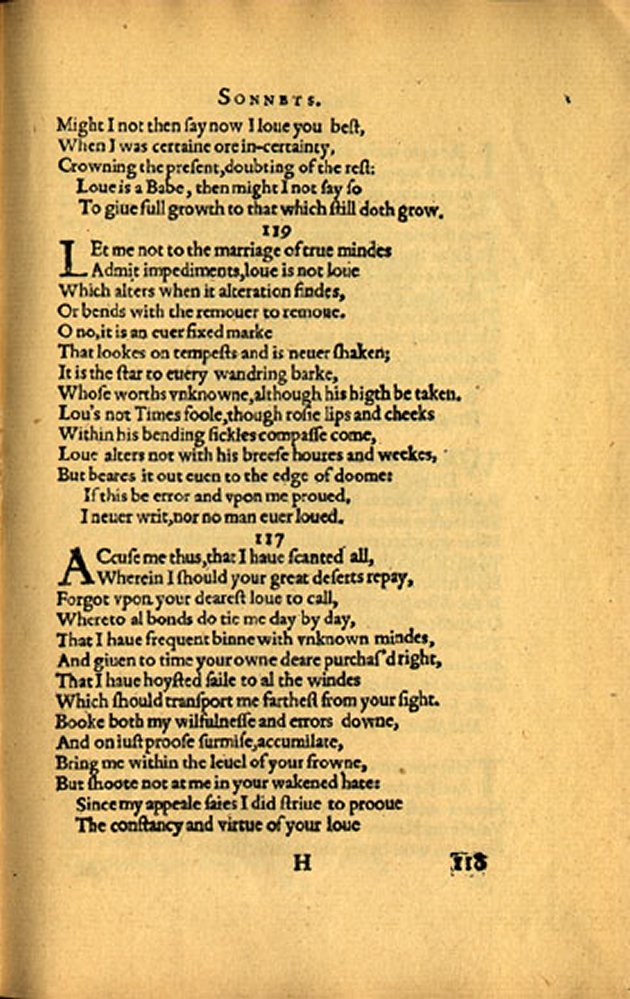
![]()
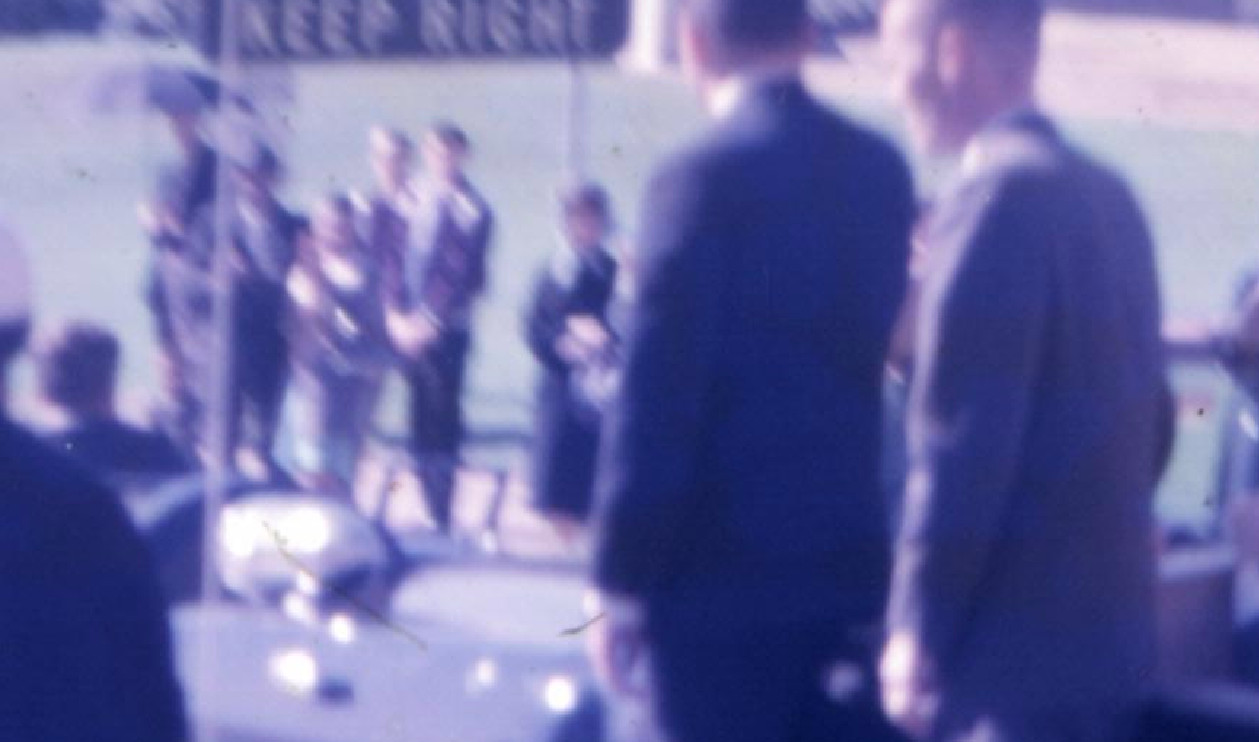
![]()
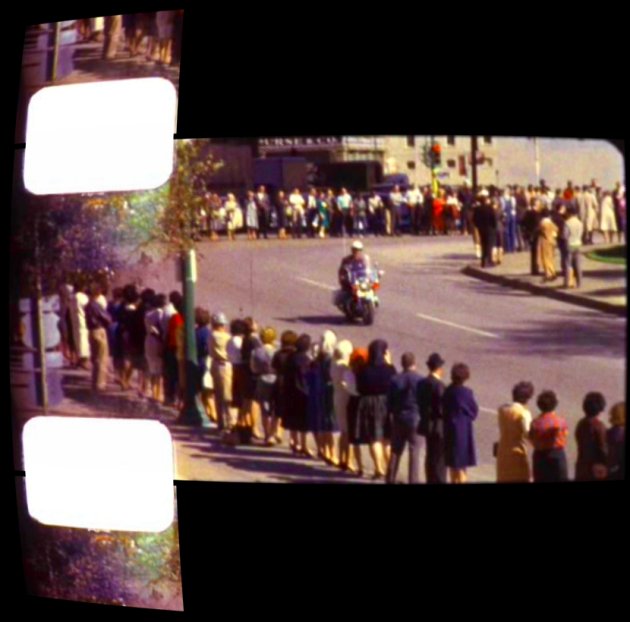
![]()
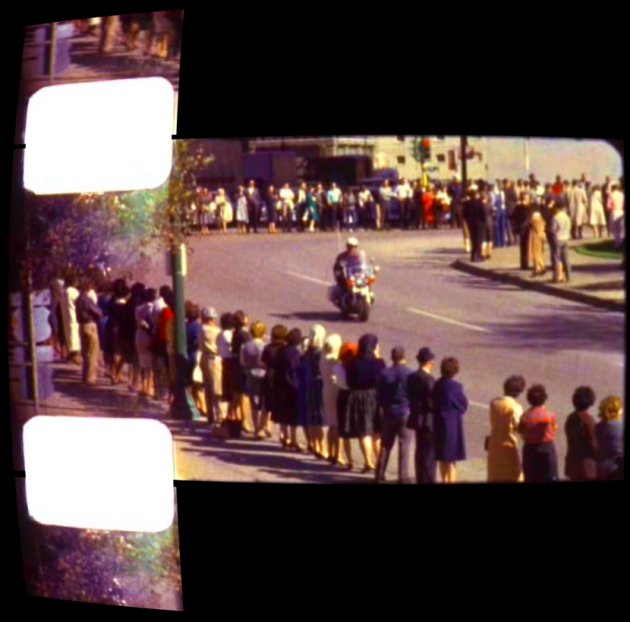
![]()
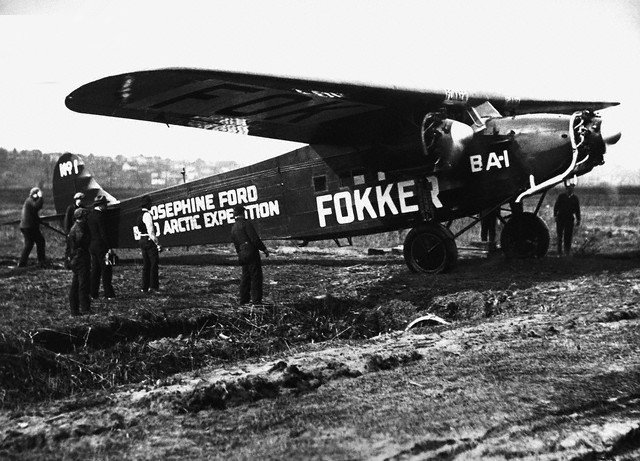
![]()
![]()
![]()